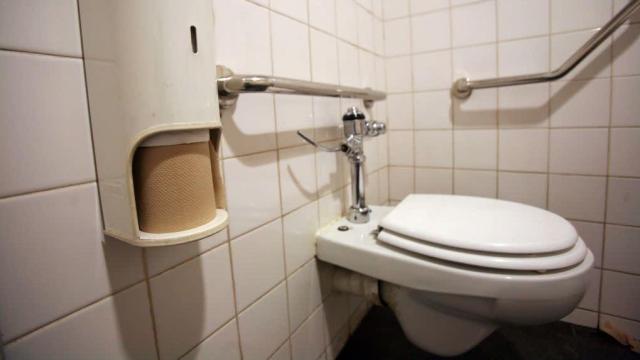Here’s some bathroom advice for the covid-19 pandemic era, courtesy of a new study published Tuesday.
The study’s authors found evidence that the simple act of flushing can shoot poop particles up to 0.91 m into the air ” particles that can theoretically transmit the coronavirus, if they came from someone already infected. They’re now recommending, among other things, that people close the lid before flushing any shared toilet (though you should probably shut the lid even if you live alone, because, gross).
Scientists have been worried about the potential for faecal matter to spread covid-19 for a while now. Infectious virus has been greater risk of transmission within households to infected people having diarrhoea, a relatively common symptom of covid-19. And there’s evidence from the earlier outbreaks of the SARS virus (a close relative to the coronavirus behind covid-19) that faulty bathroom plumbing can fuel large chains of transmission in a communal space.
But this new paper, published in Physics of Fluids, seems to be one of the first since the pandemic began earlier this year to examine how toilets themselves could spread the virus.
Researchers in China created simulations of how toilet flushing can affect the movement of water and any potentially infectious viral particles left behind in the bowl post-poop. They used single-inlet toilets, which replenish water from a single tank, and another common method known as annular flushing as their models.
Both types of toilet flushing, but especially annular toilets, were capable of creating plumes of aerosolised particles that escaped the toilet bowl and reached the air. Their simulations found that around 40 to 60 per cent of particles could extend past the bowl and “cause large-area spread,” shooting as high as 0.91 m off the ground. And even after one minute post-flush, the particles continued to travel upward.
The results do not provide concrete evidence that pooping can cause or has caused the spread of covid-19. Even if the virus can spread through poop, it’s still likely true that most people will catch it through close contact with someone’s exhaled droplets. But the implications of their results were enough to make the authors strongly urge people to practice better bathroom habits during the pandemic.
“Toilets are a daily necessity but also become dangerous if used improperly, especially against the current scenario of a global pandemic,” they wrote.
They offered three tips for people using shared toilets, the most effective being to simply close the lid before flushing, since that can “basically prevent virus transmission.” People should also clean their toilet regularly, since viral particles from an earlier poop may be able to survive on toilet surfaces for a while. And of course, everyone should wash their hands after using the toilet, infected or not, since the toilet handle or other surfaces may contain the virus and other illness-causing germs.
The findings, they added, might also “enlighten toilet manufacturers and prompt them to produce better designed toilets in which the lid is automatically put down before flushing and cleaned before and after flushing.”
